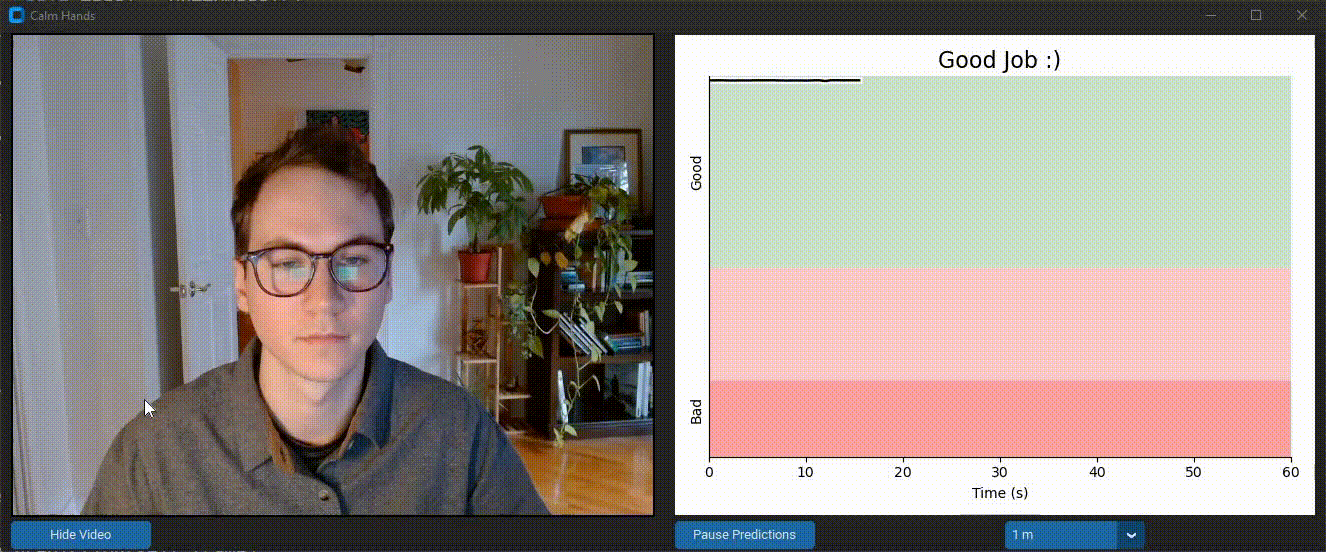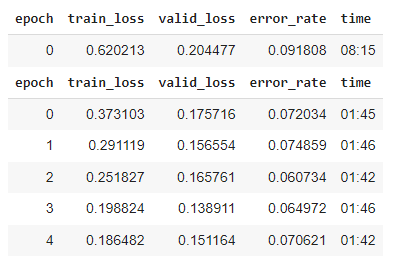Advice for becoming a data scientist as a psychology/neuroscience PhD student
Published:
Here’s some advice if you’re considering moving into data science during a psychology PhD. I tried to make it as practical as possible.
1. Learn fundamentals of programming, statistics, and data science.
Learn Python or R, and probably not Matlab. I see way fewer positions that mention Matlab compared to R and especially Python. Take online courses in machine learning and statistics. I highly recommend The Missing Semester of Your CS Education if you have no CS background, like me. Don’t start with deep learning and neural networks. Make sure you understand data science and machine learning fundamentals very well before moving onto deep learning. If you do, I like the fastai course. And check out some of my other recommended Courses & Textbooks.
2. Do data science.
This obviously happens in parallel to step 1. Most neuroscience/psychology research already involves lots of data science elements. You’re probably already a better data scientist than you realize. Building and cleaning data sets, data visualization, statistical testing, modelling, predictions, writing, science communication, etc. Emphasize these aspects of your research. Projects and publications will help show your skills on your resume and during interviews. Make a website to showcase your research and side projects. I use the Minimal Mistakes GitHub Page theme.
3. Communicate early and often.
Tell your PI/advisor that you’re considering doing a summer internship. Some advisors might not let you. I was lucky enough to have a supportive advisor. Tell you’re lab mates, fellow grad students, and collaborators. When people know you’re interested, they are more likely to tell you about interesting positions they know of.
4. Apply to internships.
Aim to do at least 1 summer internship during your PhD. 2 even is better. Ideally between your 3rd & 4th, and 4th & 5th years. Apply to lots of internships. I think I applied to over 50. Use job posting sites like Indeed or Google Jobs. Check Twitter (search “PhD Internship”, “PhD Data Internship”, etc.). Ask friends and collaborators who you know went into industry. Connections might be extremely important because, honestly, it can be difficult to convince recruiters that a psychology PhD student would make a data scientist.
5. Do your internships.
Do a data science internship! You’ll hopefully learn a lot about putting models into production, collaboration, and more structured development. Some internships turn into full-time offers. Once you have one or two internships under your belt, you’ll be in a much better position when applying for full-time jobs upon graduation.
Additional reading.
Advice for PhD Students Thinking about Data Science Internships
Crushed it! Landing a data science job
What candidates can and cannot control in their job hunt
Advice for Applying to Data Science Jobs

 Calm Hands helps the user reduce nail-biting during computer use. It provides realtime feedback about nail-biting habits using a deep neural net that monitors images from your webcam stream. This process is entirely local and images are never saved. Feedback is provided through audio and visual cues to alert you of when you are biting your nails. Realtime data visualization is provided as well. Check out the
Calm Hands helps the user reduce nail-biting during computer use. It provides realtime feedback about nail-biting habits using a deep neural net that monitors images from your webcam stream. This process is entirely local and images are never saved. Feedback is provided through audio and visual cues to alert you of when you are biting your nails. Realtime data visualization is provided as well. Check out the 
 With ~1000 images and 3 cycles of training, I was at >90% accuracy. But I found there were specific positions and angles that the model was getting wrong.
With ~1000 images and 3 cycles of training, I was at >90% accuracy. But I found there were specific positions and angles that the model was getting wrong. 